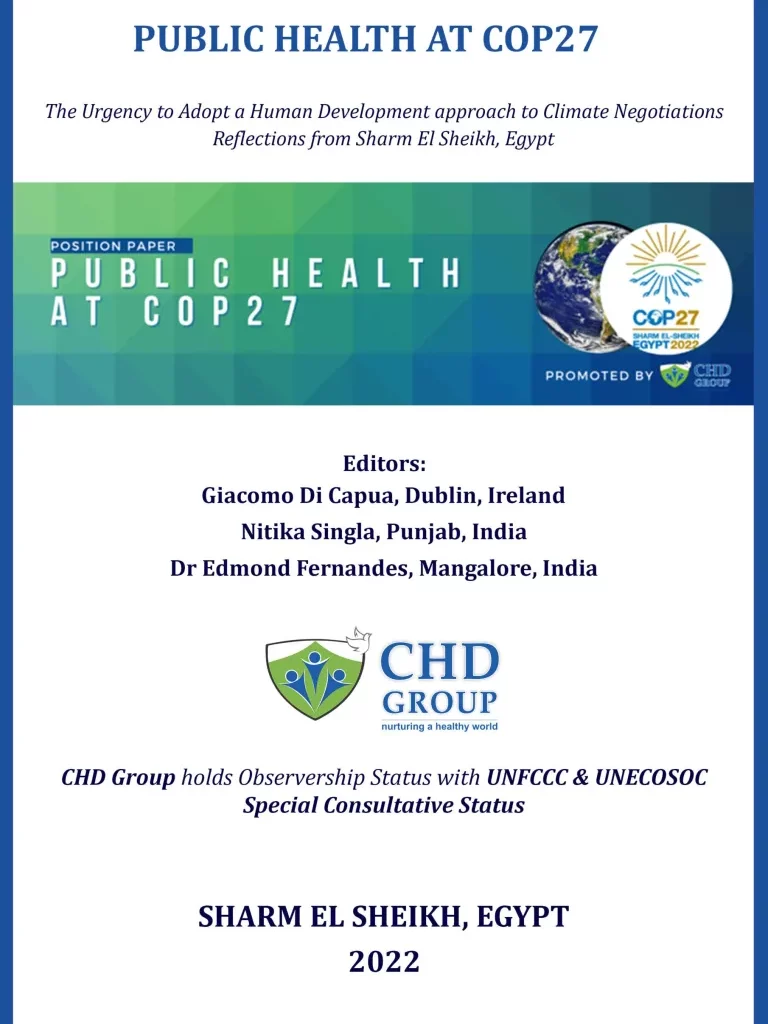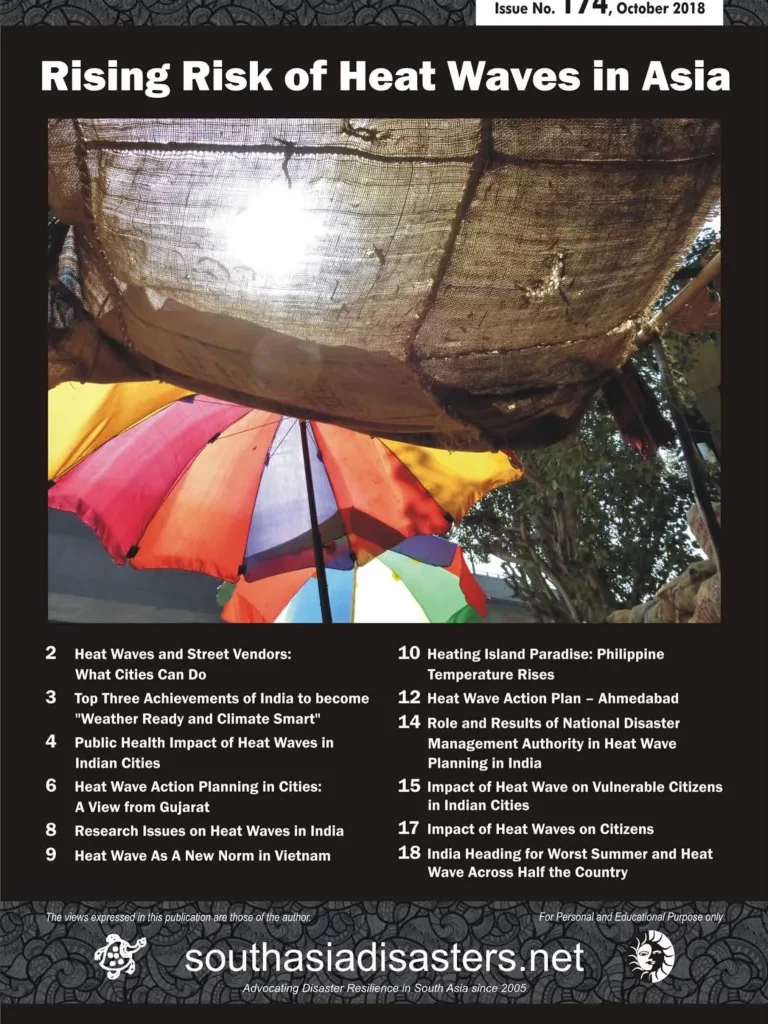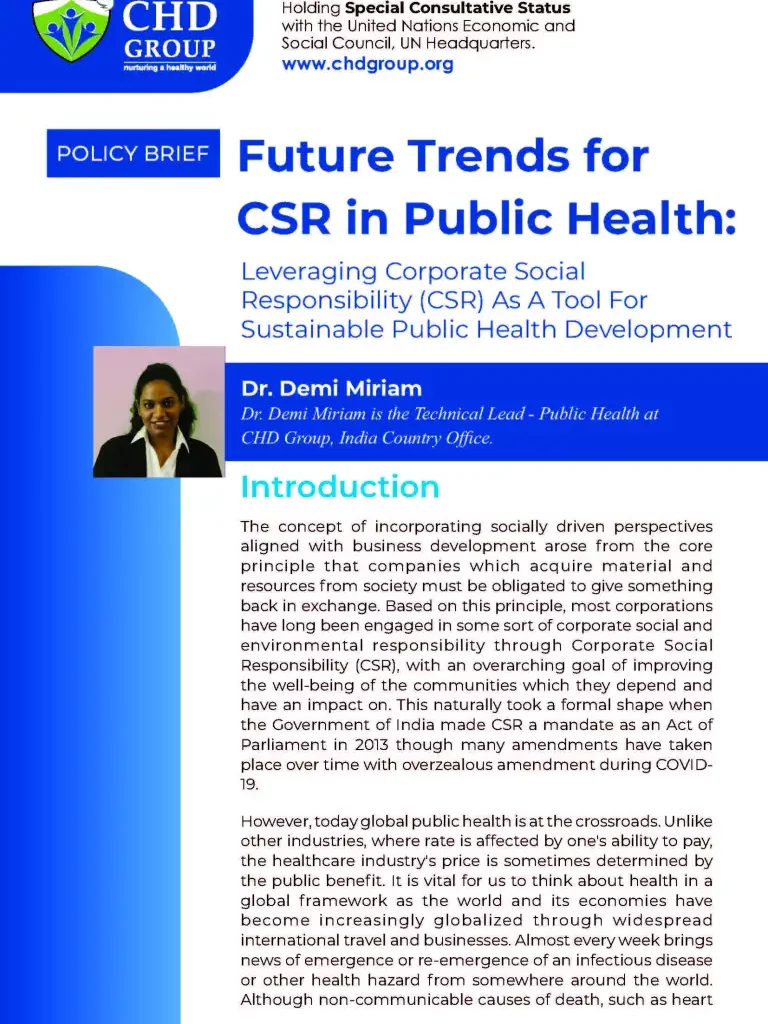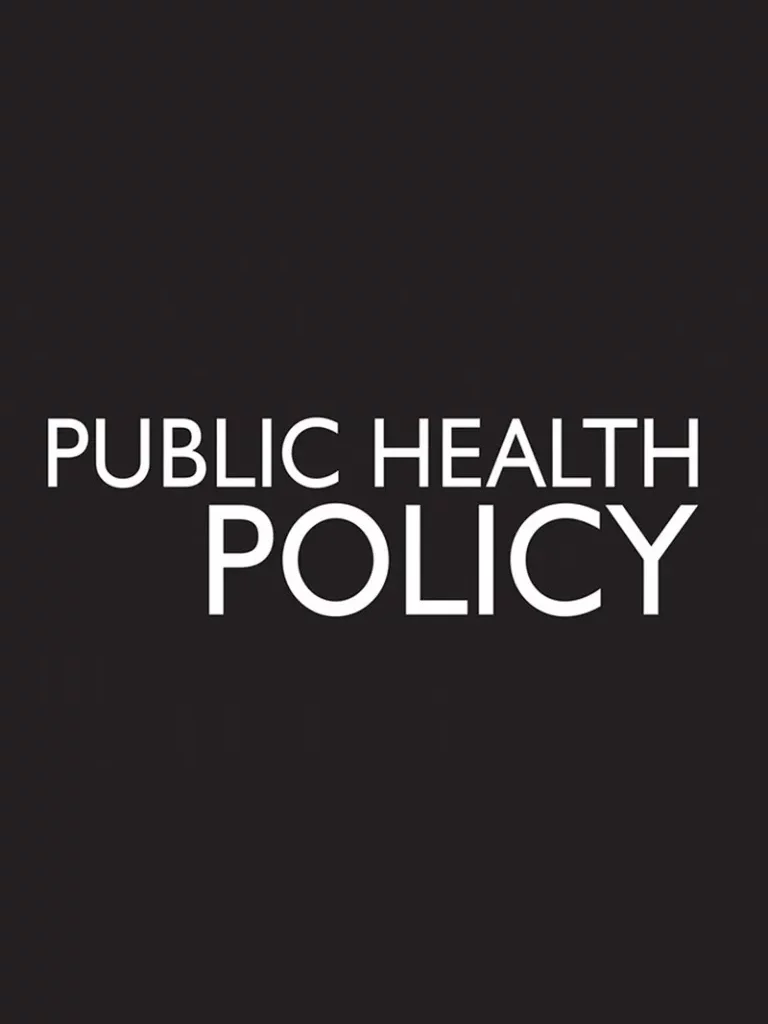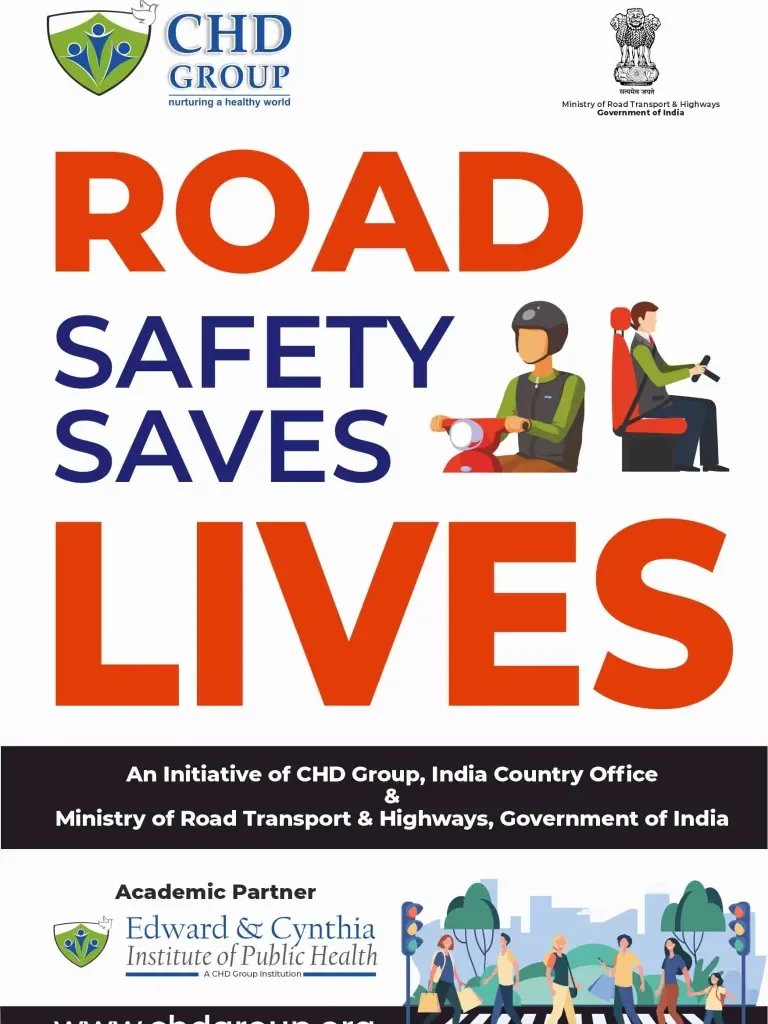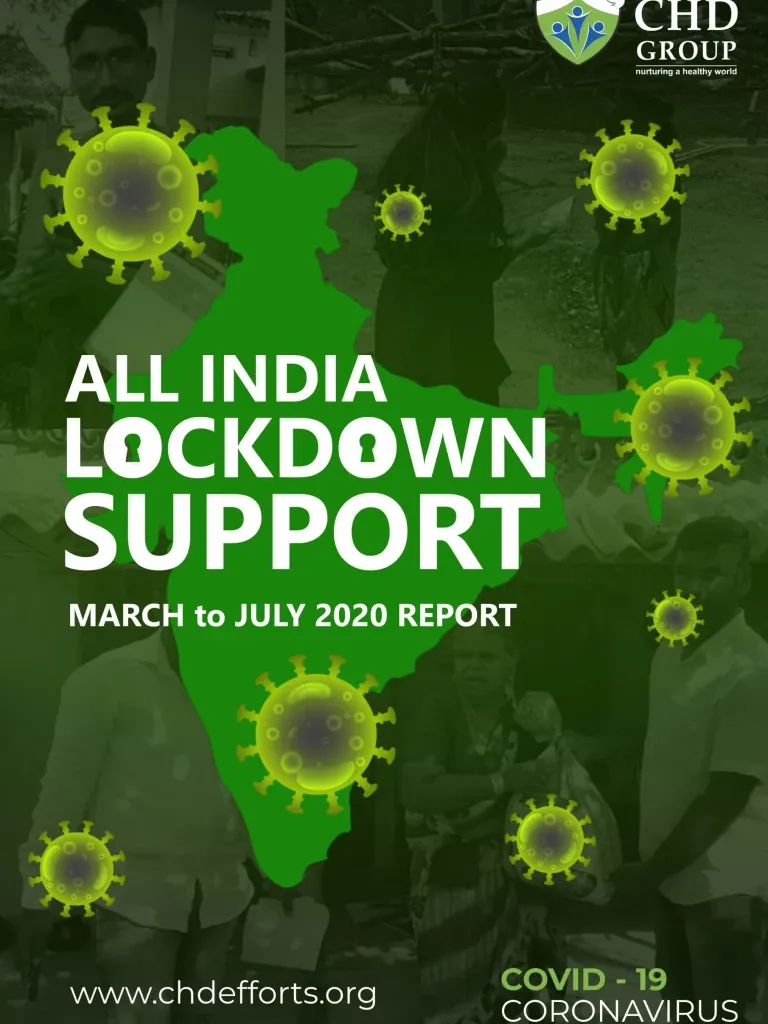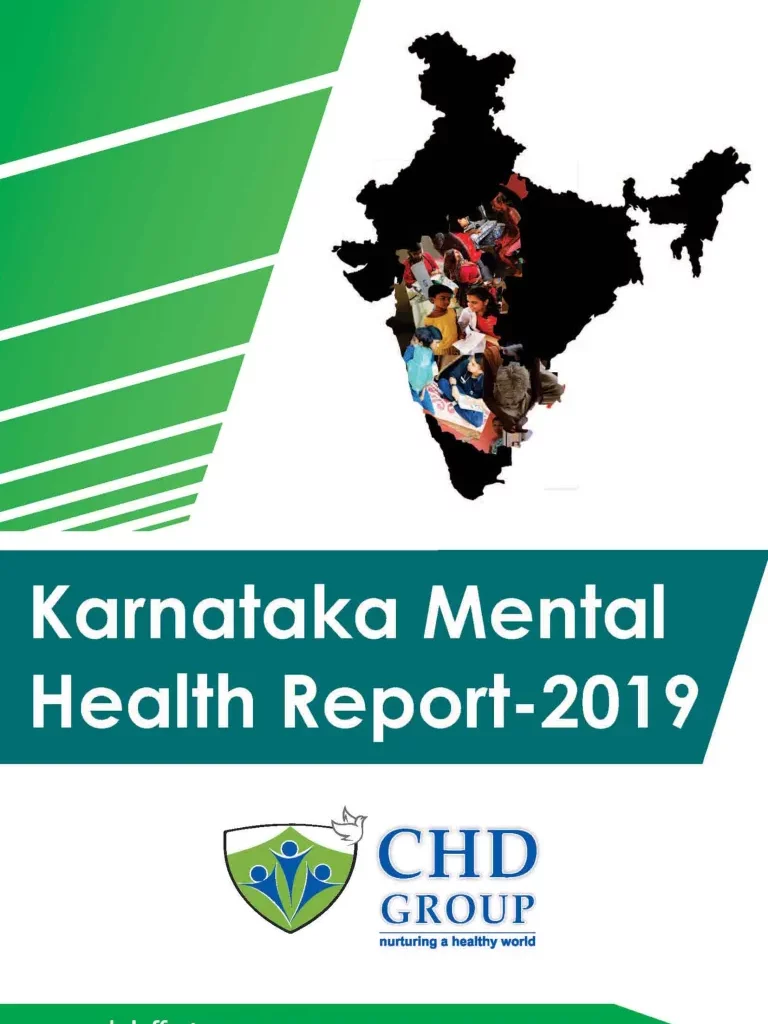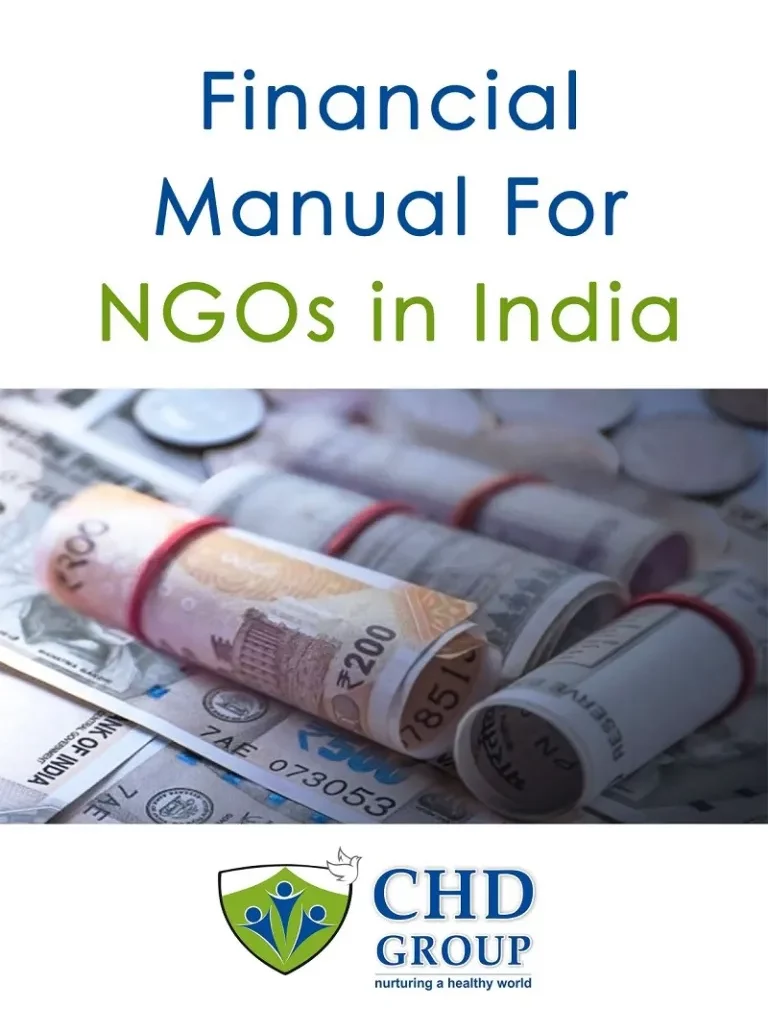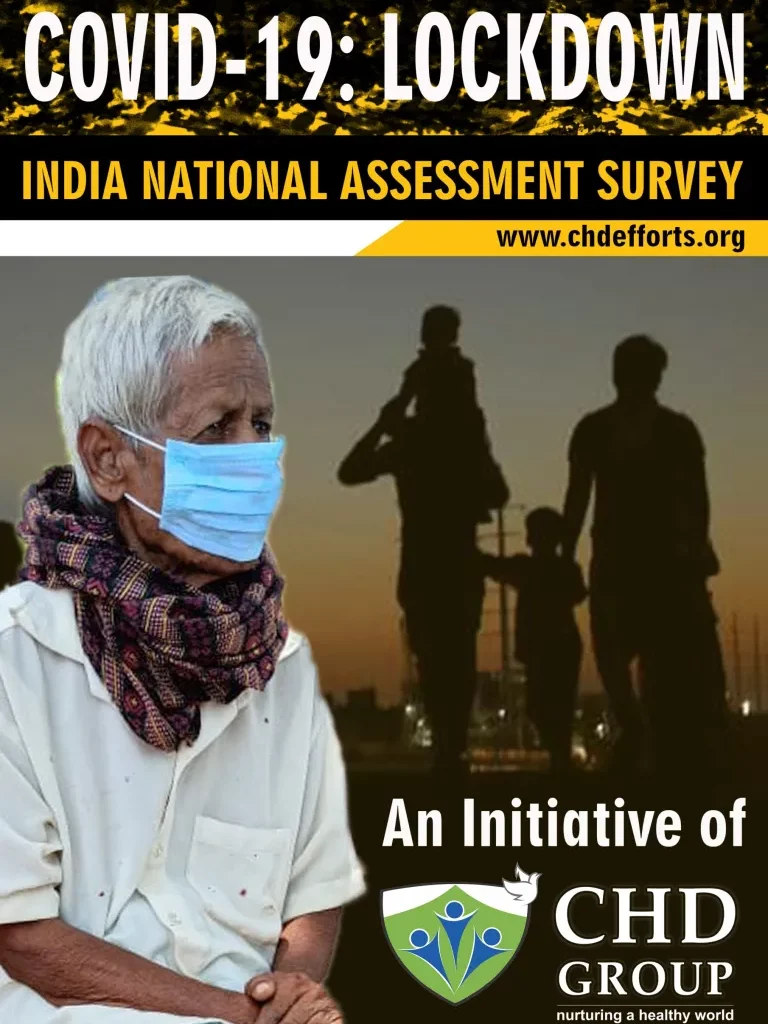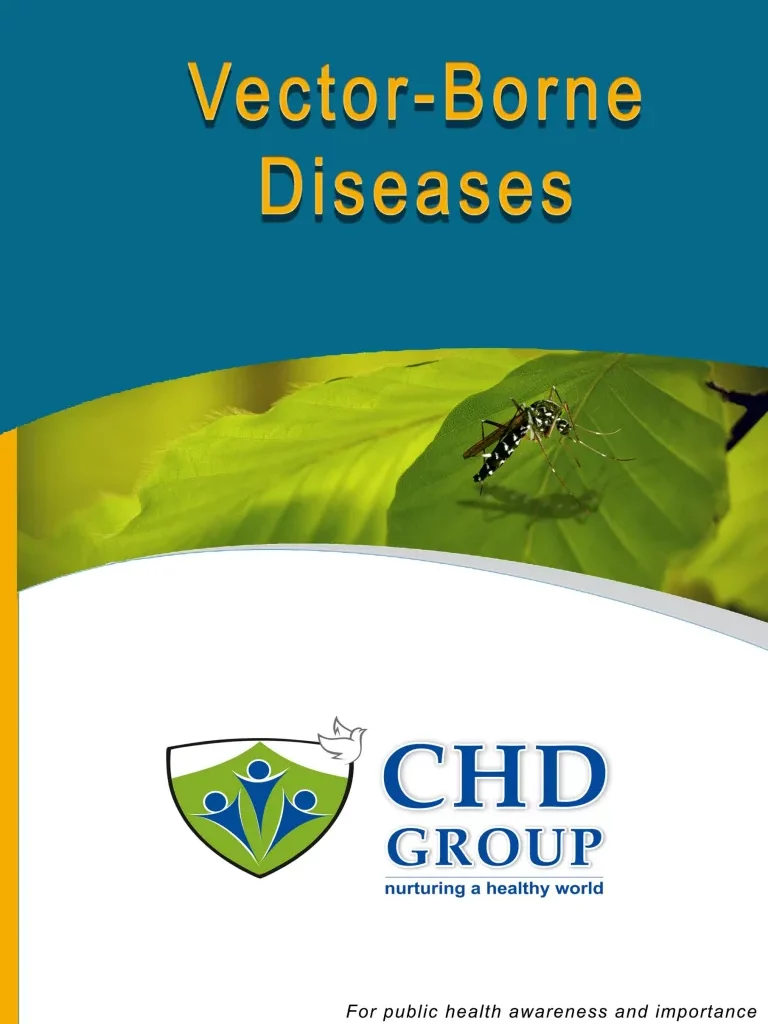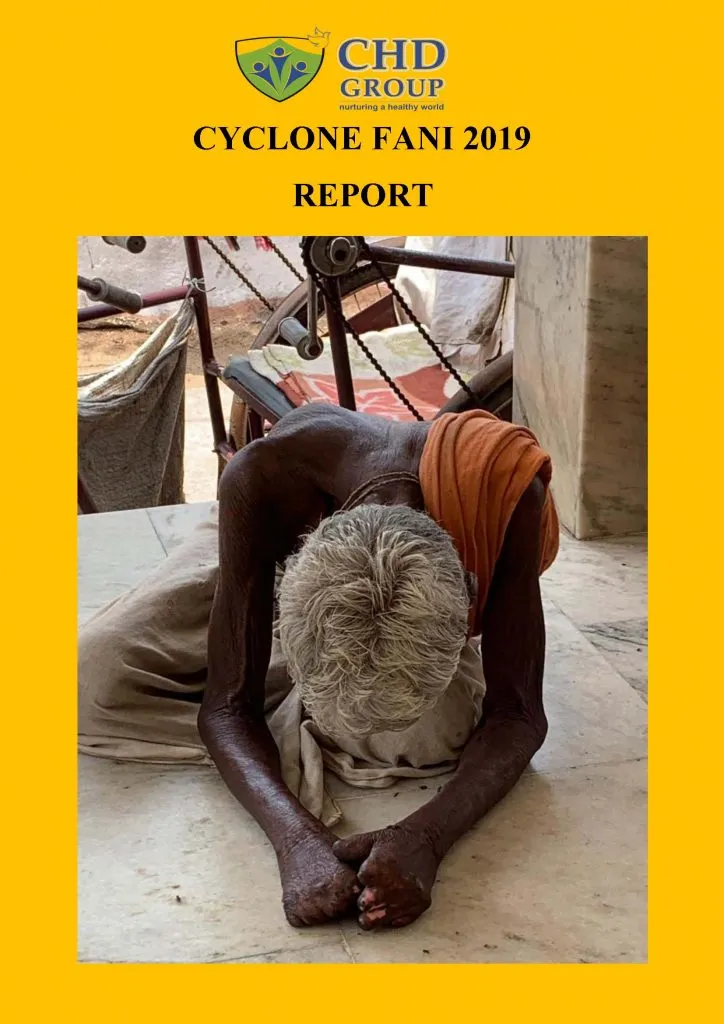The paper aims to collect commentary from healthcare professionals, practitioners, advocates, and spokespeople on the position of their organization (or their own, if independent advocates) on the urgency of advancing the conversation on climate-related public health under the UNFCCC Conference of the Parties (COPs). The paper aims to influence policymaking at the United Nations and among member states: it will be published online and distributed through partner organizations’ networks and media.
Public Health Impact of Heat Waves in Indian Cities
Globally, the effect and burden due to climate change is distributed unequally and often unpredictably. Urban cities, due to their economic and social advancement, face a high risk due to the variability and unpredictability of changing climate. Anthropogenic activities have increased the global average temperature by more than half since 1950’s1 and it is predicted that global mean temperature will rise by 5.5oC by the end of this century. The city will witness increased frequency and intensity of heat wave- a period of sustained high temperature. According to IMD, a heat wave condition is announced when maximum temperature remains to be at 45oC.
The concept of incorporating socially driven perspectives aligned with business development arose from the core principle that companies which acquire material and resources from society must be obligated to give something back in exchange.
With a pandemic like COVID-19, the golden age for public health has arrived. I have told this before, but I would like to tell it again, Public health is the sexiest profession of the 21st century. The destiny of a country like India rests on the shoulders of an efficient public health system driven by passion and conviction that is critical to shaping critical public health structures and systems.
The Asia and the Pacific region facing an increasing complex and expanding disaster riskscape. Each year, people in the region suffer from various climate hazards such as floods, droughts, tropical cyclones, and heat waves. This is likely to continue this year in the middle of the COVID-19 pandemic. The pandemic is demonstrating that that the traditional demarcation between health and disaster hazards are arbitrary at best. Managing disaster risks amidst the pandemic requires very different approaches from what used to be done.
An Initiative of CHD Group, India Country Office &
Ministry of Road Transport & Highways, Government of India
India has faced her toughest times since World War II and while everyone was staying safe at the homes, CHD Group teams were on the ground reaching door-to-door in providing safety protective gears, giving nutritious dry food ration.
Mental health is fundamental to well-being, healthy living and human sustainability. The times we live in, add considerable strain on the outcomes of mental health. The number of health workers we have, the kind of spending we do, the manner in which state and non-state actors collaborate paints a very sorry picture and calls for a global emergency in addressing the burden.
It is important for any organisation – whether “For Profit” or “Not for Profit” to maintain books of accounts because it helps organisations to record all their financial transactions in a systematic and disciplined manner
COVID-19 lockdown has adversely affected India’s economy, health and quality of life. COVID-19 has brought most of India’s major urban cities – including Mumbai, Delhi, Chennai and Hyderabad – to an indefinite standstill. We conducted this national assessment survey in order to identify the various economic and healthrelated challenges faced by the urban population as well as their perceptions of the lockdown.
Vector borne diseases have been a major source of problem across India and also among the major diseases which heavily impact the economy and lead to loss of work days.
CHD Group organized multi-specialty medical missions to boost healthcare in the region of Puri, Odisha along with partners SEEDS and All India Institute of Medical Sciences, Bhubaneshwar.

